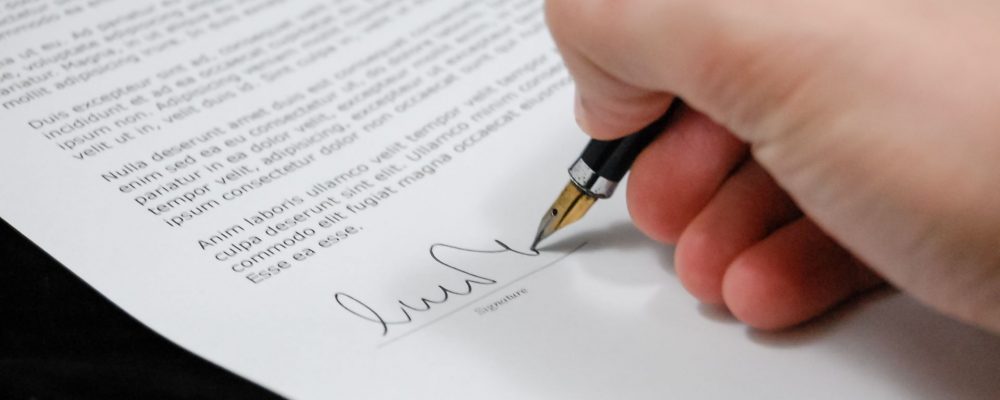Key Takeaways
- SAFEs accomplish similar goals as convertible notes, but are not debt instruments.
- SAFEs give investors the right to stock in a future equity round if a triggering event occurs.
- Startups might use SAFEs because the process is simpler, cheaper, and faster than priced equity rounds.
Full Text
Simple Agreements for Future Equity (SAFEs) have become increasingly common in the startup world. The concept was formalized by Y-Combinator lawyer Carolyn Levy as a replacement for convertible notes. They were historically used by top startups in Silicon Valley raising money from angel investors, but now see much broader use in a variety of contexts.
SAFEs accomplish the same goals as convertible notes, but they are not debt instruments. They do not accrue interest, do not have a maturity date, and there is no legal obligation for funds to be paid back.
The document acts as an agreement between a company and an investor. The investor invests money in the company, and the SAFE grants the investor a right to receive some of the company’s stock in a future equity round. The investor receives an equity stake if a triggering event occurs and the terms of the SAFE are met. Typical triggering events include future fundraising rounds, acquisition of the company, or an IPO of the company. The number of shares the SAFE investor receives depends on the terms of the SAFE. As an example, when a subsequent fundraising round triggers a SAFE, the equity received by the SAFE investor will likely depend on the share price at which the subsequent fundraising round is conducted, and furthermore likely subject to a discount rate as pre-determined in the SAFE.
Startups should seek the advice of a startup lawyer in determining whether a SAFE is an appropriate fundraising option given the company’s specific needs and requirements.
Chatterjee Legal is able to assist on the matters discussed in this Insight. Please reach out via e-mail to insights@chatterjeelegal.com and a member of our team will be in touch with you shortly.













